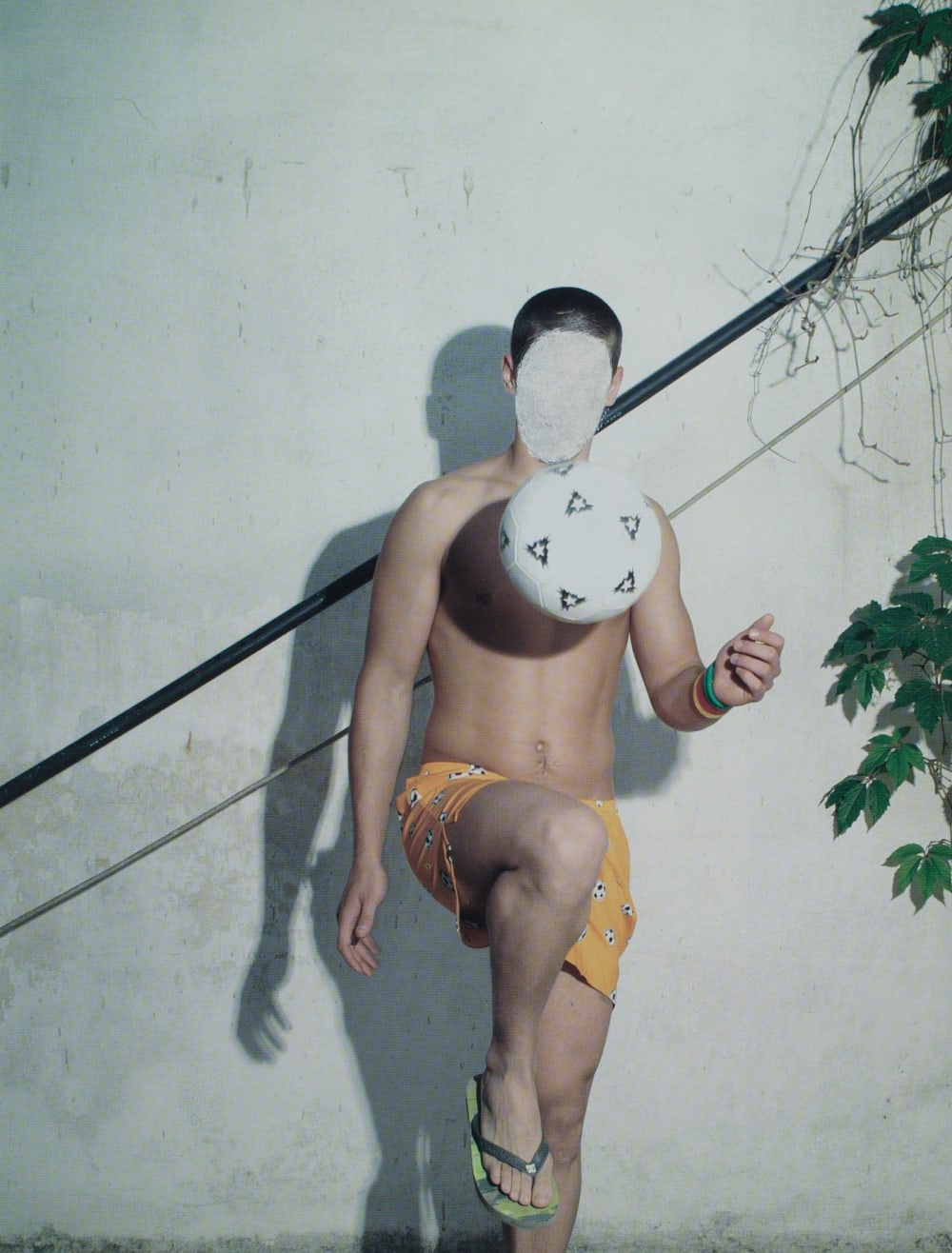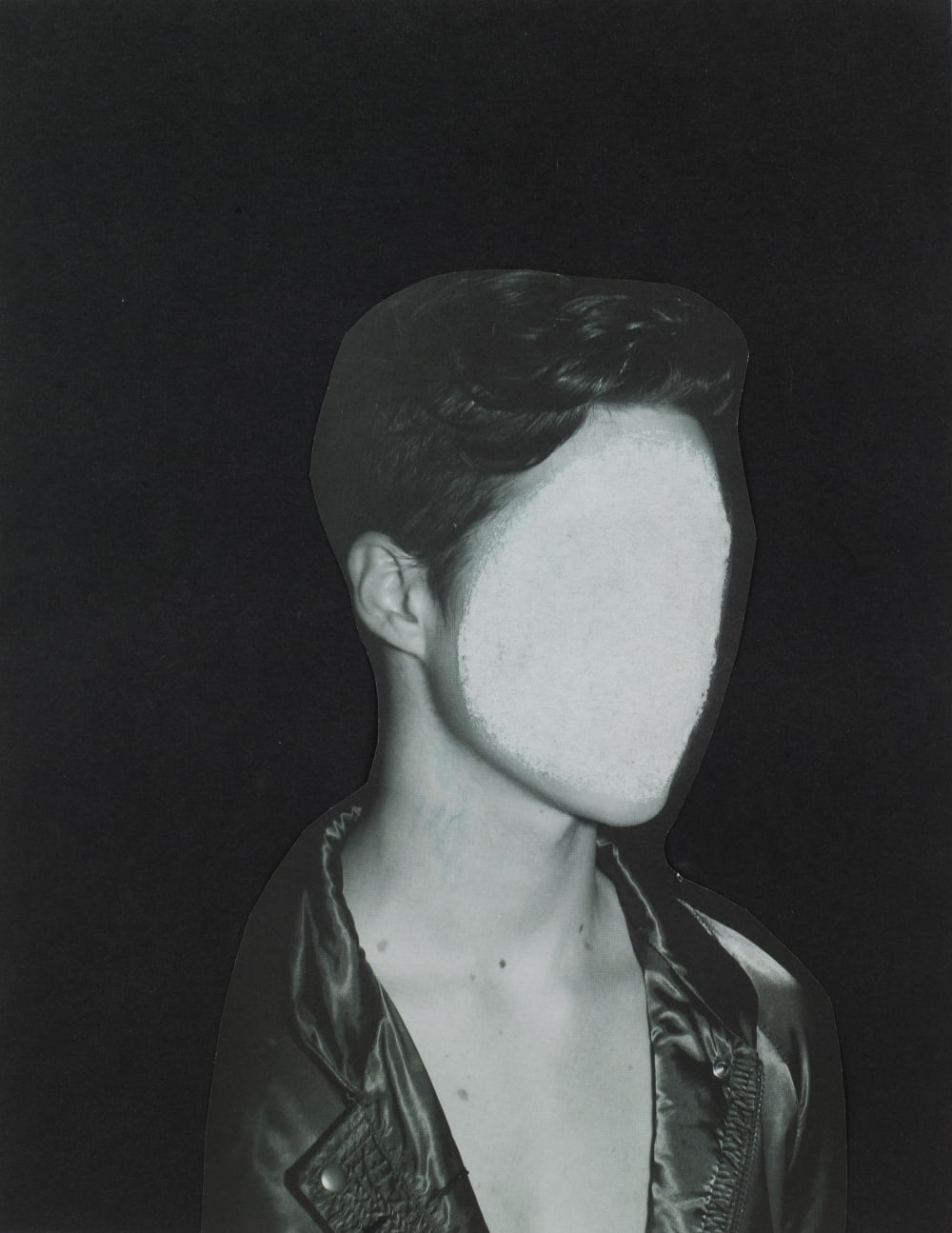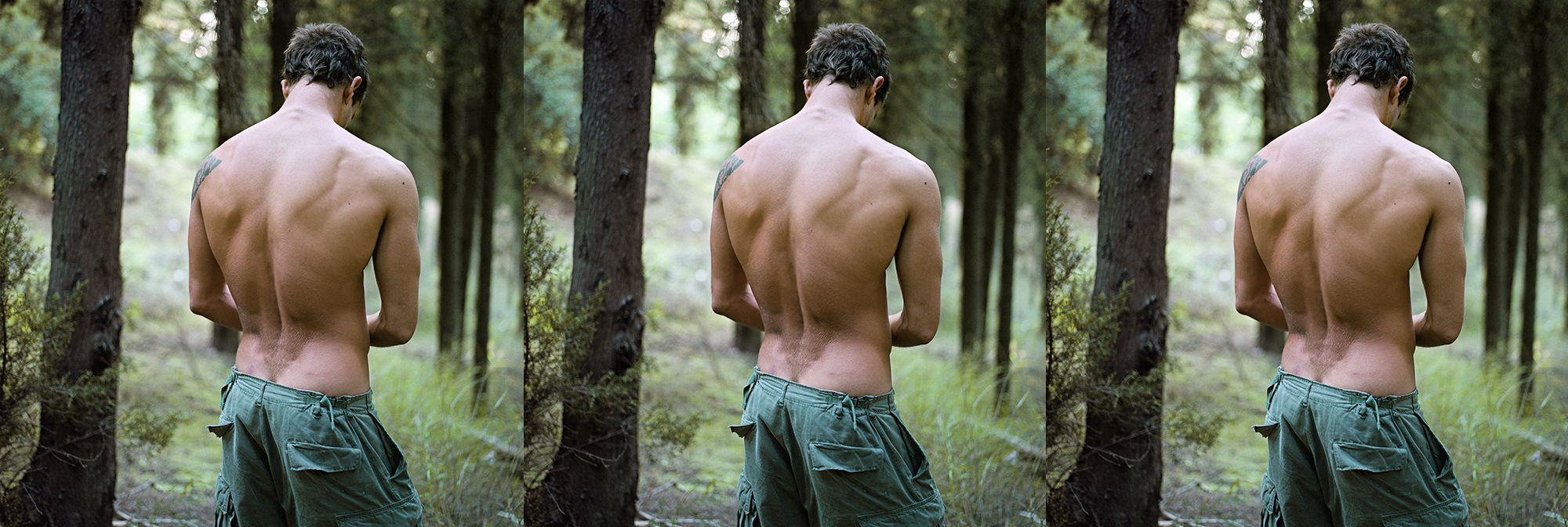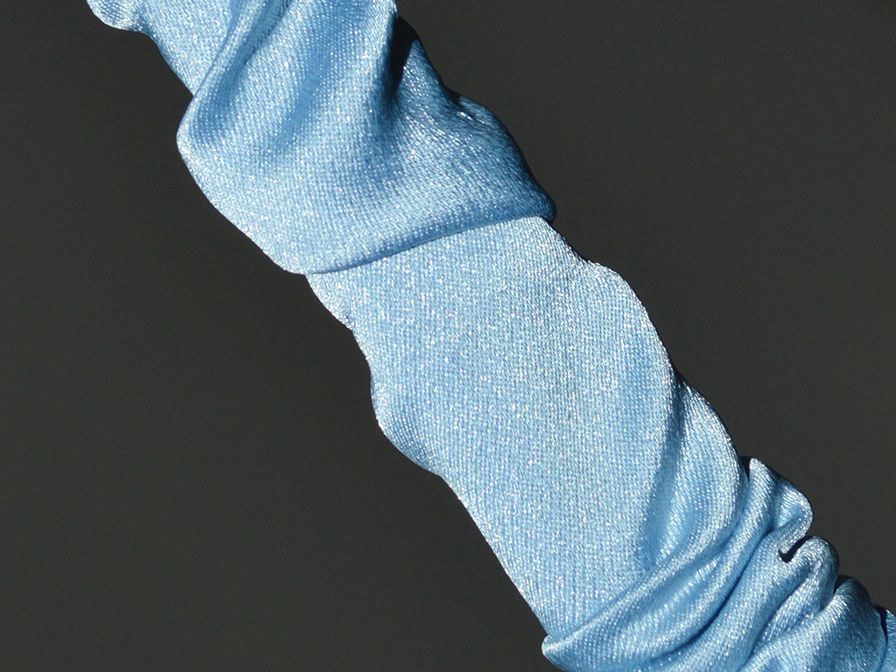Opening this spring at Camberwell Space, Male Imperatives is an exhibition of work by Caroline May, which interrogates gender construction and culturally enforced notions of masculinity through photography. Here, the exhibition’s curator Vassilios Doupas, introduces the artist and her work.
‘My experience and involvement in the arts spans over 20 years and involves different roles and different contexts: from working in commercial galleries, to fundraising, to writing and curating, there has only been one constant: my artist-focused approach.
I’m currently the Curator of Programmes at the Contemporary Art Society in London, a charitable organisation that acquires and donates work to more than 70 museums and public galleries in the UK. I organise a highbrow programme of talks, seminars and conferences for the continuous professional development of arts professionals that aims to familiarise them with current discourses in contemporary art, both nationally and internationally, and an exciting programme of events for the individual patrons that support our work. In this sense, I’m a mediator and facilitator.'

As an independent curator, I appreciate the freedom of exchange of ideas and the fact that my views are not identified with an institution. This comes at a cost, as public institutions have their own agendas and opportunities for independent curators. However, there’s always the need for “new” voices and different ways of addressing matters.
I’m fascinated by the openness of the curatorial process and how it activates conversations with other disciplines. I have been influenced by many artists, poets, musicians, sociologists, filmmakers, from Robert Morris to Eileen Myles and from Pierre Bourdieu to Patti Smith. I’m constantly discovering things which inform my thinking and my practice and feel lucky to count some insanely creative minds as my friends.
My curatorial interests include the politics of representation, queer tactics and identity politics. I recently co-curated the exhibition Queer Spaces: London 1980s to Today at the Whitechapel Gallery, a research-led exhibition that was looking at the effects of gentrification on some of London’s most iconic cultural venues and raised questions about homogeneity, the confinement of ‘unruly’ behaviour and practices that resist labelling and easy categorisation.
Regardless of sexual orientation or political ideologies, I feel that there is an increasing homogeneity, largely dictated by the media, neo-liberal policies and social norms, that is closing in the world around us and puts us in a uniform mindset that alienates us from the social fabric. Caroline’s exhibition points to a number of these issues.
The main idea was to use the exhibition space as a platform to foreground some of these issues. The exhibition model is an open-ended format that offers the viewer many entry points and my desire is to encourage subjective readings and multiple interpretations.
Caroline May and I have known each other for more than 20 years. We share similar interests and concerns. I have written about her work and we have worked together in the past. We are in constant dialogue and after all these years, I’m still genuinely interested in her vision.
Caroline has been taking pictures of men for almost 20 years. Essentially, what she’s been doing is subjecting them to her female gaze. This is a reversal of what we are accustomed to by the media and our culture. Her original aim was to reclaim desire and show its complexity. However, during many of these photo-sessions, she noticed that the models were resorting to poses that are typically associated with all the powerful clichés that our culture has instigated about masculinity. So, the project slowly became an interrogation of masculinity, how it is being perpetuated by the media, and how photography plays an instrumental role in this.

Later works are looking at the implications of these “constructed masculinities” and how we have come to associate nature with the feminine and read something formally phallic as masculine. The exhibition raises questions about the cultural construction of masculinity and the patriarchal structures that impose such reading and favour binaries as opposed to more fluid forms of gender and identity politics.
One of the first things that I noticed about Caroline was that she was talking about these issues as life issues, not topics in art. She would never adorn or back her views with sociological or philosophical positions, although her practice is informed by feminist and queer theory, she would engage with them in the most immediate and genuine manner.
We speak at least once a week and sometimes it’s about a story we’ve read in the paper or seen on Instagram that may seem irrelevant at first but somehow it feeds back into her thinking about the work. When we were planning the exhibition, we had several ideas in mind about the selection of works and the display. In the end, we decided to include works, new, recent and older, and avoid sticking to one mode of presentation. There are unframed works in the show, works in different sizes and frames and even sculptural forms. We wished to convey a sense of plurality without seducing the viewer with sumptuous images.
She deals with important issues in a non-polemical way and her work is not forceful or aggressive. On the contrary, there is an overarching fluidity and openness. I appreciate how she leaves critical space for the viewer to take in whatever they are ready to take in during their encounter with the work. This may change when they go back and re-view the works and consider some of the implicit issues of the work.
I believe this questioning of gender construction and culturally enforced notions of masculinity comes at a time when younger generations are moving away from binary definitions of gender. In this sense, I feel the exhibition has come at the right moment. I’m also interested in photography as a medium, its possibilities and limitations and I feel this exhibition explores these concerns in a subtle and intelligible manner.
I hope the exhibition motivates viewers to think harder about gender stereotypes and masculine domination, issues that we tend to take for granted, but I would be equally happy if some of the works just stirred radiance and visual excitement.’
Caroline May - Male Imperatives runs at Camberwell Space from 17 January - 7 March 2020.


